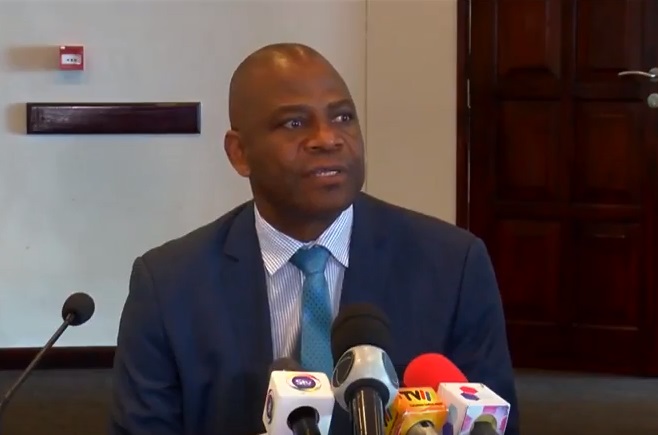First cooking gas produced in Mozambique - Sasol
Fuel subsidies: Petrol stations have money to recover – Mozambique

Notícias (File photo)
The government continues to reimburse around 4.7 billion meticais to fuel stations in Mozambique, a sum related to debts accumulated during the regime of generalised subsidies adopted to contain the negative impacts arising from the rise in prices in the international market, Noticias reports.
According to the Director of Fuels and Hydrocarbons in the Ministry of Mineral Resources and Energy, the debt accumulated between 2011 and 2014 amounted to 10.6 billion meticais.
Speaking yesterday in Maputo, Moisés Paulino reiterated that the current policy of the government was to continue to eliminate subsidies, except in sectors considered sensitive.
Paulino pointed out that agriculture, fishing, semi-collective passenger transport, isolated energy production systems and small-scale fishing currently benefit from state fuel subsidies.
Without giving specific figures, Paulino recalled that when the government reintroduced the policy of monthly revision of fuel prices and consequent withdrawal of generalised subsidies to petrol stations in 2016, it had exorbitant debts to settle.

“So we will continue to gradually withdraw the subsidies as the government organises other solutions,” Paulino told a press conference called to explain the fuel pricing mechanism.
Paulino noted that the change in the price of fuels and other petroleum products in Mozambique was made based on the basis of Decree 45/2012, of 28 December, which establishes the need to revise the sale prices to the public on a monthly basis, whenever there is a change in the base price of more than three percent, or if there is a change in taxes.
The director general of the Mozambican Fuel Import Company (Imopetro), João Macandja, started his contribution by acknowledging that Mozambique benefited from both its geographical location and import model. He then pointed out that, judging by the behaviour of the international market and the metical exchange rate, there was a possibility of revising the prices currently in force downward.
“If the exchange rate remains favourable in the coming days, given the prices recorded in the international market in February and March, I would like to believe that we may see current prices fall,” he said.
In 2017, Mozambique imported fuel worth US$794 million in total, against US$584 million spent in 2016.












Leave a Reply
Be the First to Comment!
You must be logged in to post a comment.
You must be logged in to post a comment.